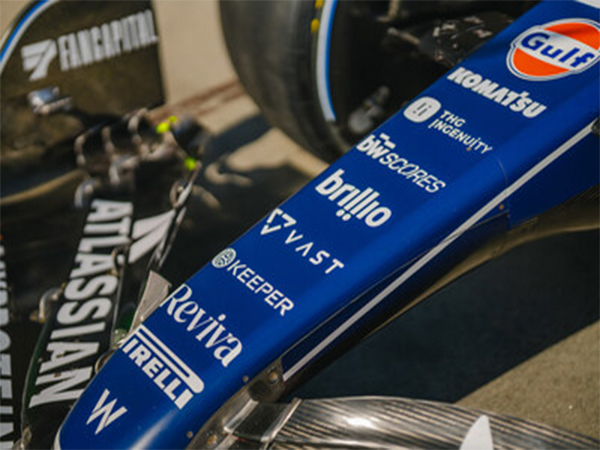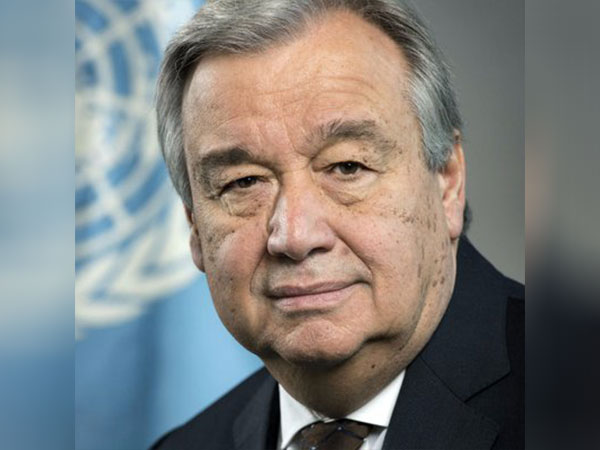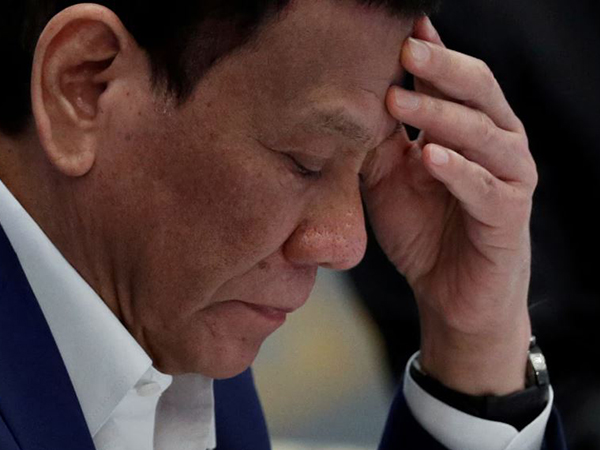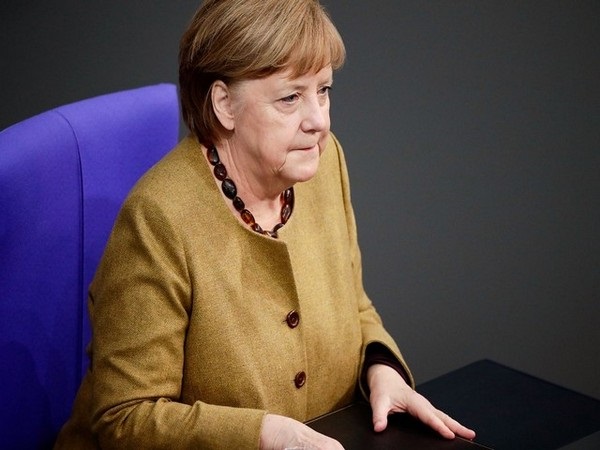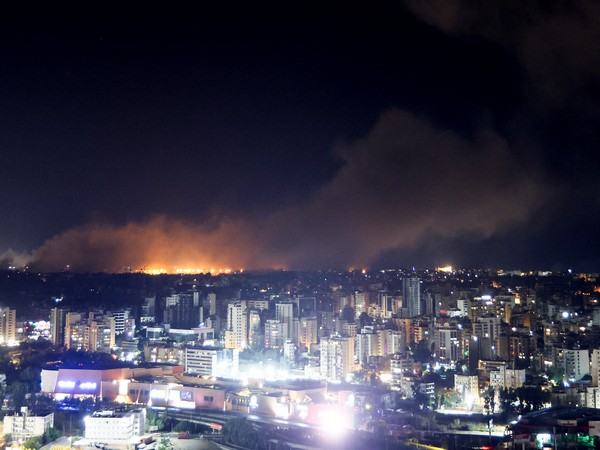
Reactions from all sides after Iran launched missiles at Israel
Oct 02, 2024
Tel Aviv [Israel], October 2: UN Secretary-General Antonio Guterres has condemned the widening Middle East conflict with its continued escalation and called for a ceasefire.
On the evening of October 1, Iran launched more than 200 missiles at important military and security targets in Israel in response to the assassination of Hamas leader Ismail Haniyeh, Hezbollah leader Hassan Nasrallah and commander of the Islamic Revolutionary Guard Corps (IRGC) Abbas Nilforoushan.
Responding to the attack, the Israeli military said a "large number" of missiles fired from Iran were intercepted. Speaking to reporters, Israeli military spokesman Daniel Hagari said the attack was serious and would have devastating consequences. Israeli Prime Minister Benjamin Netanyahu has vowed to retaliate against Iran's actions.
Israel's representative to the United Nations Danny Danon announced that the country is ready and prepared to defend and attack to protect Israeli citizens.
The IRGC said Israel would face "crushing" strikes if it responded to the missile barrage. Iran's Supreme Leader Ayatollah Ali Khamenei said on X: "The righteous may have to make sacrifices, but they will not be defeated at the end of the day." "They are the winners on this battlefield," Ali said in a video showing Iranian missiles being launched.
In a social media post , Iranian President Masoud Pezeshkian said the attack was "to protect Iranian interests and citizens". "Let Netanyahu know that Iran is not a belligerent party, but it is determined to counter any threat. This is only one corner of our strength. Do not engage in a conflict with Iran," Pezeshkian stressed.
Hamas praised Iran's missile attack, saying: "We congratulate the widespread missile attacks by the Islamic Revolutionary Guard Corps on our controlled territories, in response to the continuous crimes of the control forces against the people of the region and in response to the blood of our martyrs."
Houthi spokesman Mohammed Abdulsalam in Yemen welcomed Iran's military operation, saying it showed support for the Palestinian people and challenged Israel's "hegemony" in the region. "Stopping the Zionist entity and confronting it is the only way to contain and prevent the escalation of crimes against the Lebanese and Palestinian people and the rest of the region," Abdulsalam said in a social media post.
The Iraqi Resistance Coordination Committee warned on the Telegram messaging app that if the US intervenes in any hostile action against Iran or if Israel carries out any bombing operations in Iraqi airspace, all of Washington's bases and interests in Iraq and the region will become targets.
UN Secretary-General Antonio Guterres has condemned the widening Middle East conflict with its continued escalation and called for a ceasefire.
US Secretary of State Antony Blinken told reporters that Iran's missile attack on Israel was "completely unacceptable" and should be condemned by the entire world . US National Security
Adviser Jake Sullivan said Iran's ballistic missile attack on Israel was "defeated and ineffective", warning that Tehran could face serious consequences from the attacks.
British Prime Minister Keir Starmer has strongly condemned Iran's ballistic missile attack on Israel. According to Al Jazeera, citing a transcript of the phone call between Mr Starmer and Mr Netanyahu, the British Prime Minister expressed the UK's steadfast commitment to Israel's security and the protection of civilians.
European Council President Charles Michel condemned Iran's attack on Israel, stressing that it was a threat to regional security. "The deadly spiral of escalation in the Middle East must stop now. A regional war is in no one's interest," Michel wrote in a post on X.
Spanish Prime Minister Pedro Sanchez condemned Iran's attack on Israel and called for an end to the spiral of violence.
Source: Thanh Nien Newspaper
